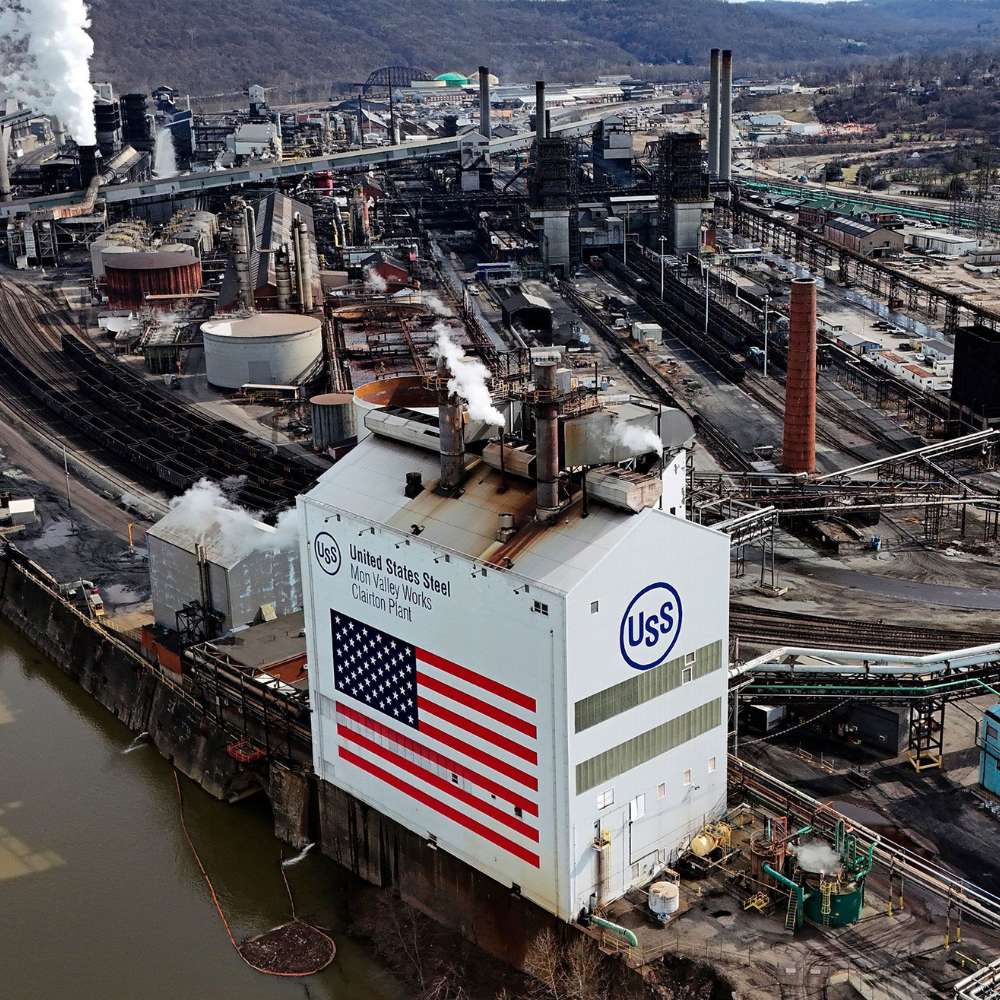Japan’s Nippon Steel CEO reaffirmed the company’s determination to proceed with its acquisition of U.S. Steel, despite recent legal action against the Biden administration’s decision to block the proposed merger.
On Monday, U.S. Steel and Nippon Steel jointly filed lawsuits challenging the Biden administration’s move to halt Nippon Steel’s $14.9 billion acquisition of the American steelmaker. The companies stated they remained confident that the deal represented the best way to secure U.S. Steel’s future and asserted their right to pursue the merger.
CEO Insists on Continuing the Acquisition
At a press conference on Tuesday, Nippon Steel’s chairman and CEO Eiji Hashimoto reinforced the company’s unwavering stance, emphasizing there was no reason to abandon the takeover bid. Hashimoto stated that the company could not accept the decision and remained fully committed to expanding operations in the U.S. without considering alternative strategies.
The Biden administration officially blocked the acquisition last Friday, fulfilling a commitment to keep the historic American steel manufacturer under U.S. ownership. Both Nippon Steel and U.S. Steel are now seeking federal court intervention to overturn the decision.
Allegations of Political Influence
In a statement accompanying the lawsuits, both companies argued that President Biden had improperly influenced the Committee on Foreign Investment in the United States (CFIUS), which is tasked with evaluating foreign investments for national security risks. They accused Biden of advancing a political agenda that compromised the integrity of the review process.
The companies claimed that CFIUS failed to conduct a fair and security-focused evaluation due to what they described as Biden’s undue influence.
Trump Also Opposes the Deal
Former President Donald Trump has also publicly opposed the acquisition. On his social media platform, he questioned the timing of the sale, suggesting that upcoming tariffs would make U.S. Steel a more profitable and valuable company, reducing the need for foreign acquisition.
Trump has previously voiced concerns about foreign control of key American industries and reiterated his opposition to the deal multiple times.
Legal and Financial Repercussions
CreditSights analysts noted that the collapse of the Nippon Steel and U.S. Steel merger was primarily driven by political factors rather than business concerns. They highlighted the unfavorable timing of the deal, coinciding with a U.S. presidential election year, which added political pressure on the transaction.
The research firm pointed out that while CFIUS had raised some concerns, it did not formally recommend blocking the acquisition, further emphasizing the political nature of the decision.
Concessions Offered by Nippon Steel
In an effort to ease concerns, Nippon Steel recently proposed granting the U.S. government veto power over any reductions in U.S. Steel’s production capacity. However, this concession did not prevent the Biden administration from rejecting the merger.
Following the legal developments, shares of Nippon Steel dropped by 1.74% during Japanese trading hours, reflecting investor uncertainty surrounding the ongoing dispute.
Hashimoto indicated that Nippon Steel plans to engage with the next U.S. administration to explain how the acquisition could strengthen both U.S. Steel and the broader American steel industry. The legal battle continues as both companies seek to reverse the Biden administration’s decision and move forward with the merger.







